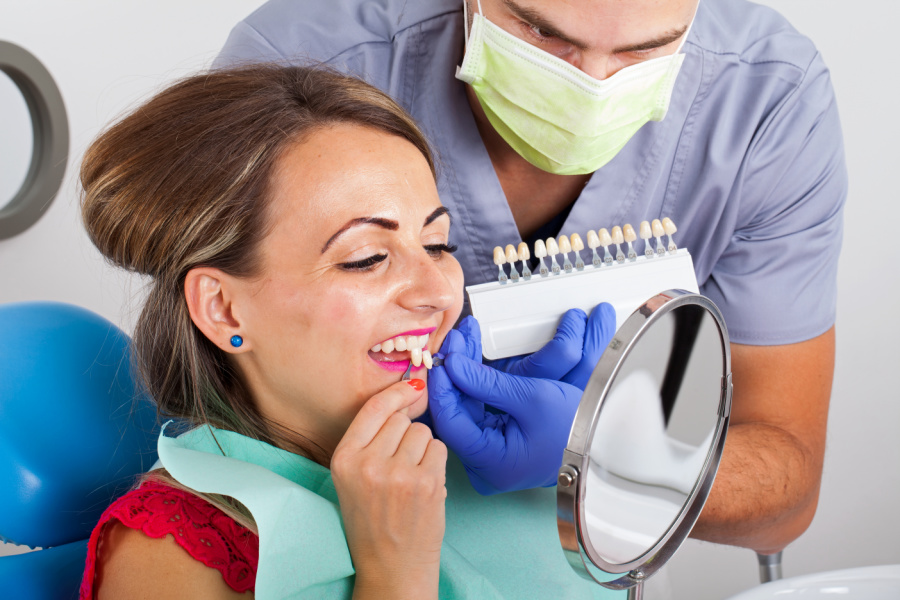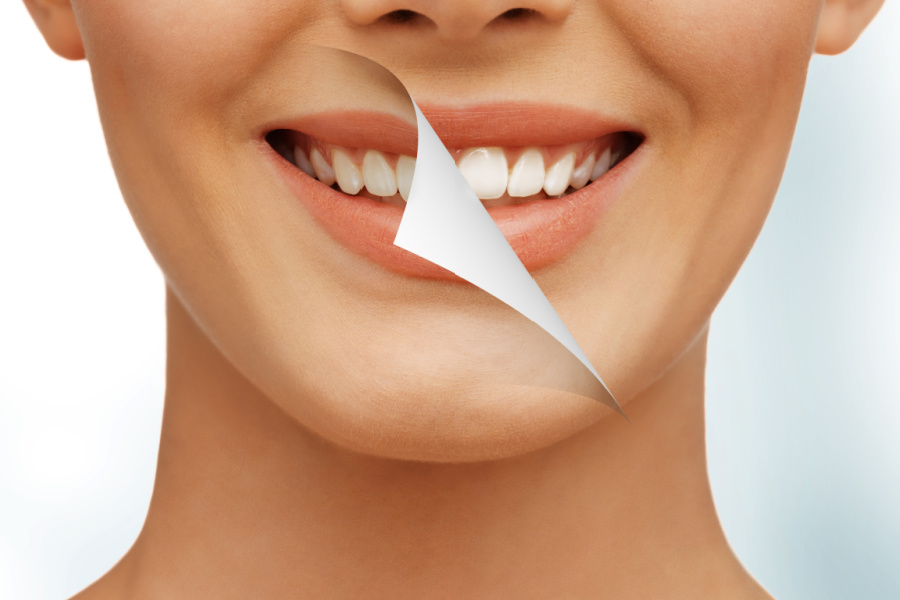.png)
The Hidden Dangers of “Turkey Teeth”: What You Should Know Before Getting Veneers Abroad
In the pursuit of a perfect smile, thousands of people every year travel abroad for cheap dental treatments — particularly to Turkey. Known online as “Turkey Teeth,” this trend has taken off on social media, with influencers and everyday individuals alike flaunting their newly transformed smiles. But beneath the surface of this affordable smile makeover lies a long list of hidden dangers, lifelong consequences, and painful outcomes that too many discover far too late.
“Turkey Teeth” is a term that’s become synonymous with getting dental veneers or crowns abroad, most commonly in Turkey, at a fraction of the cost of UK private dentistry. While the allure of a quick fix and budget-friendly makeover is strong, the truth is far more complex — and often, far more devastating.
Veneers are thin layers of porcelain or composite resin that are bonded to the front surface of your natural teeth to improve their appearance. In skilled hands, they’re a great option for correcting discolouration, gaps, unevenness, or minor chips.
But what many patients don’t realise is that true veneers require only a small amount of enamel removal (around 0.5mm) and should never cause pain or irreversible damage. Sadly, in many Turkish clinics, patients are instead having their teeth aggressively shaved down to stubs and fitted with crowns — a far more invasive procedure often done without full disclosure or consent.

While UK procedures typically involve several appointments — including consultations, digital scans, mock-ups, and follow-ups — many clinics abroad promise a complete smile transformation in just 24–48 hours. But this speed often comes at a cost:
Countless individuals who travel abroad for veneers return with serious dental problems, including:
Even celebrities like Katie Price have shown the extreme aftermath of this type of treatment — reduced to having “peg teeth” before new crowns are applied.
Yes, it’s true that veneers abroad often cost significantly less — sometimes as low as £120 per tooth, compared to £600–£1,000 per tooth in the UK. But you’re not just paying for the material — you’re paying for expertise, safety, regulation, aftercare, and peace of mind.
Lower costs overseas are often due to:
For quality clinics in Turkey, the price is actually not that different once you factor in flights, accommodation, and meals — not to mention the potential for corrective work if things go wrong.
It’s not that all dental tourism is dangerous — but the risk is significantly higher when treatments are rushed, communication is poor, or the provider is underqualified. Unless you’re willing to invest the same time, research, and care into choosing a clinic abroad as you would at home — and are prepared for possible complications — it’s a gamble.
If you’re still considering travelling for veneers, here are a few essential tips to reduce your risk:
✅ Do your research. Read verified reviews, ask about qualifications, and check before-and-after results.
✅ Ask questions. What type of material is used? Are you getting veneers or crowns?
✅ Insist on a consultation. Never proceed without a full medical history and thorough exam.
✅ Check for legal protection. What happens if something goes wrong? Can you return for follow-up care?
✅ Be wary of deals that seem too good to be true. Fast and cheap is rarely safe when it comes to your health.

While private cosmetic dentistry in the UK may seem expensive upfront, it’s a long-term investment in your health, safety, and confidence. Dentists here are held to rigorous professional standards and regulated by law, offering patients far more transparency, security, and aftercare.
With flexible finance plans, multiple consultation appointments, and tailored care, UK-based treatment may ultimately cost less in the long run — especially when you avoid the cost of fixing a botched job.
In the end, your smile is more than a cosmetic feature — it’s a crucial part of your overall health and wellbeing. Choosing to go abroad for cheap, fast cosmetic dentistry may seem tempting, but the potential consequences can be devastating and irreversible.
Before booking that flight, ask yourself:
Is a quick fix really worth a lifetime of pain, regret, and dental complications?
For a smile that lasts — and peace of mind that your health is in good hands — it’s always worth taking the safer route. Do your research, ask the right questions, and never compromise on your care. Your smile deserves nothing less.
Yes, getting veneers abroad is typically cheaper—often 30–50% less than in the UK. Countries like Turkey, Hungary, and Poland have become popular destinations for “dental tourism” due to their lower costs and quicker turnaround times. Some patients even receive their new smile in just 24 hours.
However, the full cost involves more than just the dental bill. You’ll also need to factor in:
While the affordability and speed are appealing, they don't always guarantee quality or safety. Rushed procedures, lack of aftercare, and limited regulation can result in long-term complications.
At Harley Street Smile Clinic, we offer a comprehensive 3-appointment veneer process that includes:
This ensures a tailored, safe, and lasting result.
Dental Veneers in Turkey can cost as little as £120 per tooth, depending on the clinic, dentist’s qualifications, and materials used.
For comparison, UK prices typically start at £695 per tooth.
Prices that seem too good to be true often are. Lower costs may reflect:
It’s important to weigh these trade-offs before booking treatment abroad.
In the UK, well-made veneers can last up to 15 years or longer with proper care and regular dental check-ups.
In contrast, many patients who get veneers in Turkey find them wearing out much sooner due to:
We've treated many patients who’ve returned from Turkey in pain, unaware of how much of their natural tooth had been removed. In some cases, the underlying tooth is severely damaged or the nerves are exposed.
The main draw is affordability. Turkey offers cosmetic dental procedures at significantly lower prices compared to the UK, making it attractive for those wanting a budget-friendly smile makeover.
Other reasons include:
However, low costs often come with lower standards. Reputable, safe dental care in Turkey will still command a higher price—and once you include travel and accommodation, the savings may be negligible.
Lower costs in Turkey are often due to:
But to offer rock-bottom prices, many clinics compromise on:
So while you might save money upfront, you may pay more in the long run for repairs or corrective work.
If you're experiencing pain, discomfort, or dissatisfaction after treatment abroad, it’s crucial to seek professional help immediately.
At Harley Street Smile Clinic, we specialise in repairing and correcting failed veneer procedures. We can assess the extent of the damage and provide a treatment plan to restore both function and aesthetics.
Common issues patients experience include:
Many patients don’t know exactly what procedures they underwent—or how much damage was done until complications arise.
In the UK, you’re protected under medical negligence laws if something goes wrong with a dental procedure.
However, treatments performed abroad don’t offer the same legal protection. Compensation claims are often difficult, expensive, and time-consuming to pursue across borders.
In most cases, patients end up paying significantly more to fix the damage than they would have paid for quality care in the UK in the first place.
Before committing to dental work abroad, do your research and ask key questions like:
Don’t be afraid to ask direct, detailed questions—your smile and dental health are too important to leave to chance.


